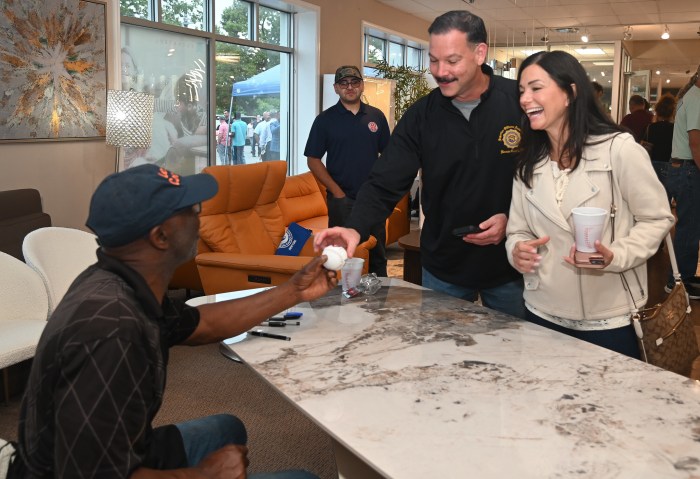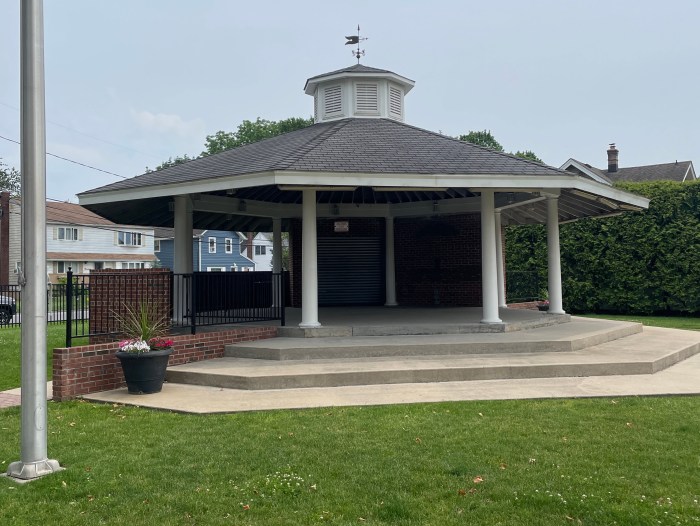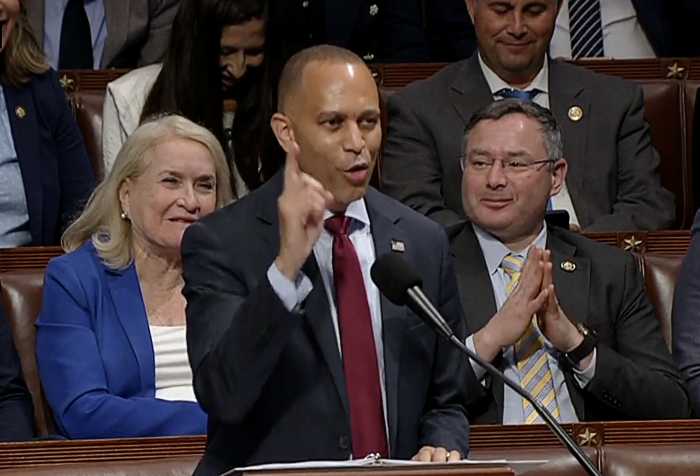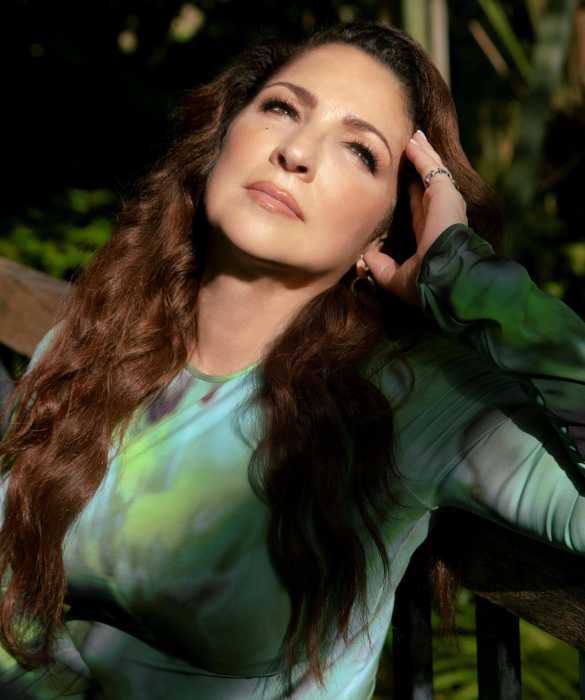Two seats are up for election on Tuesday, May 17. Both incumbents, Stephen Wilson and John Capobianco, are running unopposed. Wilson is the current vice president of the Farmingdale School District’s Board of Education. Capobianco is a trustee on the school board. Both seats are three-year terms, through the end of June 2014.
Stephen Wilson, Vice President, Incumbent
Stephen Wilson is presently serving as vice president of the Farmingdale School Distict’s Board of Education. He is seeking re-election, unopposed. Wilson has lived in the Farmingdale district for 25 years. He is married to Corinne and has one child that has attended Northside Elementary and Howitt Middle School.
Wilson is a retired accountant and has a B.BA. with an accounting major from Hofstra University. He is a member of the St. Kilian parish finance committee.
Question: What do you believe is the most important issue within the Farmingdale school district?
Answer: Attaining our goal to establish Farmingdale School District as a high achieving school district as evidenced by high levels of student performance. This goal is challenged by the current recession’s impact on the taxpaying community and the availability of continued state aid.
Question: What two things would you like to focus on in the upcoming school year as a board member?
Answer: I will need to continue support of the teachers in the classroom and administration in their efforts towards our district goal. I will also work with administration to ensure that the cost of achieving our goal is manageable by the community. These areas of focus will include: community education efforts of our goal and fiscal constraints; empowerment of our community to lobby our state representatives for our fair share of state aid; collaborative contract negotiations with all personnel unions; use of continued fiscal restraint in budget preparation; use of reserves to: temper the loss of state aid; continue the comprehensive education program; and provide the community with a manageable tax levy during this recession.
John Capobianco, Trustee, Incumbent
John Capobianco has lived in the Farmingdale School District for 47 years. He is a landscape gardener, an instructor with the New York Botanical Garden and a martial arts instructor. Capobianco is a graduate of Farmingdale Senior High School and holds a Regents diploma in Spanish.
Question: What do you believe is the most important issue within the Farmingdale school district?
Answer: School financing. We are facing the edge of a financial cliff, even without the two percent tax cap.
New York State does not properly fund public education; the state places too many unfunded mandates and expenses upon a school district. Additionally, Nassau County is trying to push its financial problems onto the school districts by shifting the responsibility for successfully grieved taxes onto the school districts and by asking school districts to pay a sewage tax without having sewage meters installed. The local property taxpayer is being asked to make up for shortfalls in the New York State Pension Fund, the MTA, and in Nassau County, this is unacceptable and has resulted in lawsuits being filed. It must stop!
Question: What two things would you like to focus on in the upcoming school year as a board member?
Answer: The Board adopted as its single goal this past year to become a “High Achieving School District.” I would like to see us achieve that goal and I believe that the new Annual Professional Performance Review, Response to Intervention initiative and our expanded Professional Development will help us achieve that goal.
Continue working on the Lobby Committee and with R.E.F.I.T. (www.refitny.org) to get it through to our legislators that they are breaking our backs and making Long Island an unaffordable place to live. The formulas used to calculate state aid need to be modified to remove real estate values and to factor in the cost of living on Long Island. As a region we send $3,000,000,000 to Albany that we don’t get back, which needs to change.
































